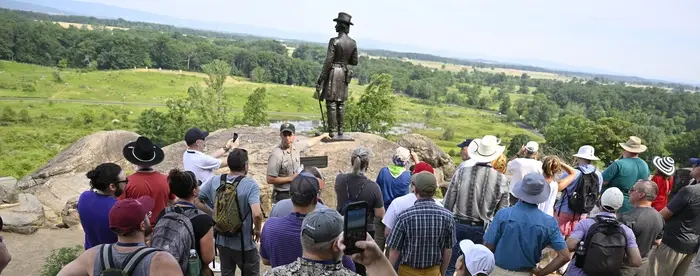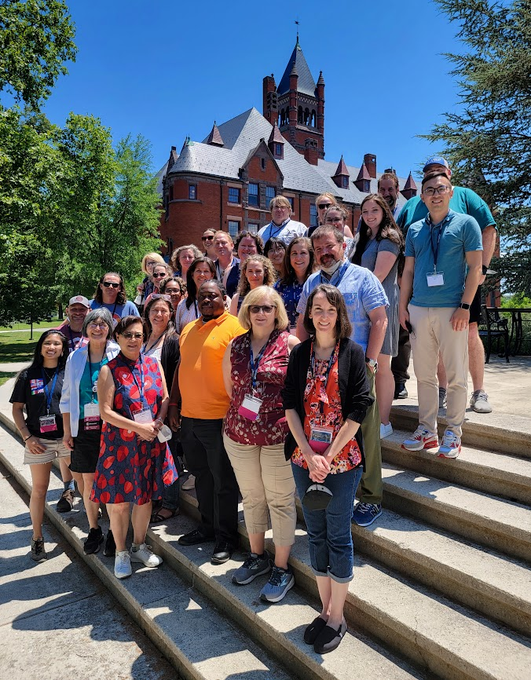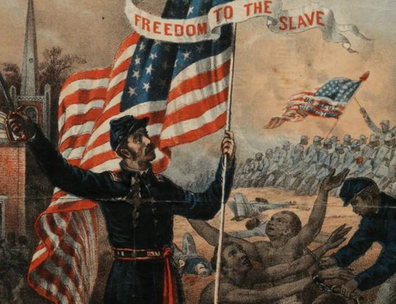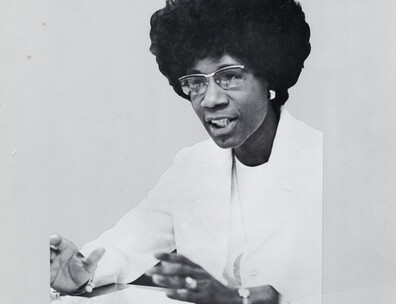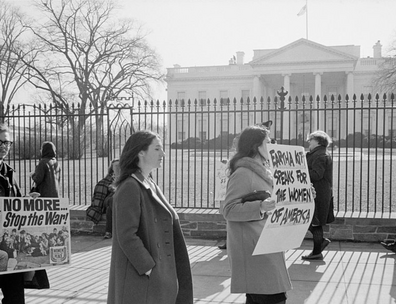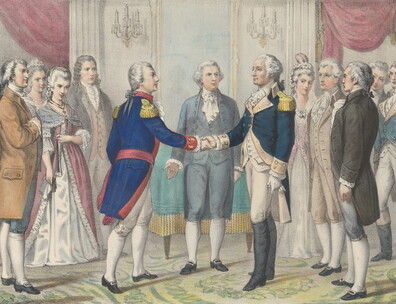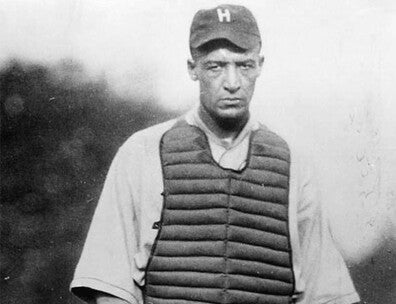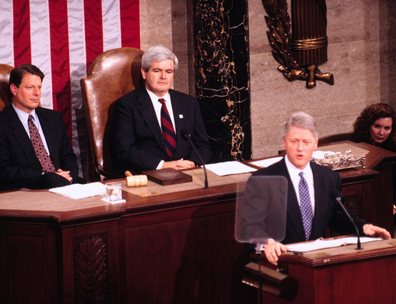What expenses am I responsible for?
There is a $200 registration fee to attend the Teacher Symposium that is non-refundable after June 15, 2026.
There is an additional optional $345 fee for room and board on campus at Gettysburg College in single, air-conditioned rooms. All meals (breakfast, lunch, and dinner, a total of eleven meals) are included in this fee.
Participants are responsible for their own travel and transportation costs.
Learn about planning your visit to Gettysburg College.
What is included in the room-and-board fee?
This is an optional add-on to any registration. It will allow participants to stay on the Gettysburg College campus in single, air-conditioned rooms. All meals (dinner on Sunday, three meals on Monday, Tuesday, and Wednesday, and breakfast on Thursday) will be included for each day and provided by the Gettysburg College food service department. For more information on Gettysburg College housing, visit the Accommodations tab.
Please note: If you opt out of the room-and-board fee, you will be expected to find your own food and lodging for the duration of the Symposium.
Can my school pay for my registration?
Yes. We can accept payment from your school for your registration, including purchase orders. Please email us at seminars@gilderlehrman.org with any questions about this process.
What if I register and cannot attend the Teacher Symposium?
If you give us notice by June 15, 2026, that you cannot attend the Symposium, we can refund your registration fees minus a $50 administrative fee. After June 15, we will not issue any refunds for Teacher Symposium registrations.
